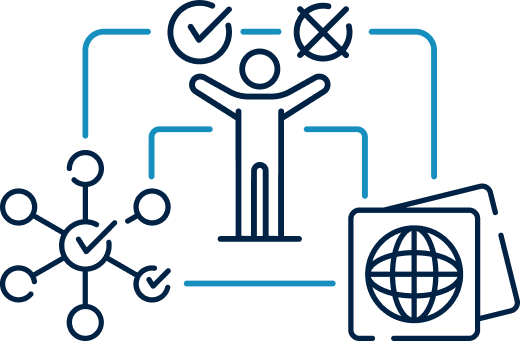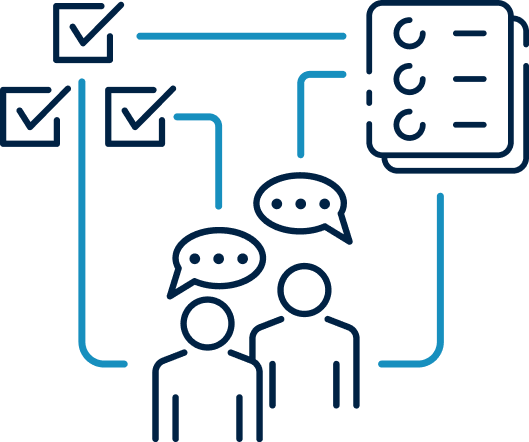
The VitalSource Learning Science team is seeking instructors to participate in a research study using Bookshelf CoachMe as part of their class instruction. It’s easy. No changes to your teaching. Just add a Bookshelf CoachMe participation score.


Bookshelf CoachMe is a free study tool in the e-reader available in more than 9,000 textbooks. As students read their textbook, Bookshelf CoachMe provides frequent formative practice questions that give students the opportunity to actively engage with the content and practice at the point of learning. The Bookshelf CoachMe questions are generated using an AI automatic question generation system that has been rigorously evaluated in peer reviewed research.
Research from Carnegie Mellon University on the Doer Effect has proven that doing practice while reading causes better outcomes. [6-8] This research has been replicated using Acrobatiq courseware. [9-11] Faculty teaching with SmartStart courseware incentivized the AI-generated practice and found students increased their engagement with the content and practice and had higher mean exam scores compared to previous semesters. [12] This research provides the basis for the approach and protocols of this study.

Faculty across four universities are currently participating in the Bookshelf CoachMe research study. We have found that on average, student textbook use triples compared to prior semesters. Faculty have reported qualitative observations that student discussions (written and oral) have improved, as well as the quality of written assignments and projects. In courses with summative assessments, we have found improvements in exam scores, especially for students in the 25th and 50th percentiles. These initial findings are positive, but more use-cases are needed.
The objective of this study is to investigate how doing the Bookshelf CoachMe practice questions while reading the textbook content impacts students learning outcomes.
To identify any impacts to student learning outcomes when the Bookshelf CoachMe practice questions are required as part of the course grade.
To gather faculty and student perceptions of the Bookshelf CoachMe questions used during the course.

Learn how to apply a beneficial learning method that is already available in your Bookshelf
e-textbook to your teaching and learning practice.
Contribute valuable insights into the use of AI generated formative practice on student behavior and outcomes that can help faculty at your institution and others.
The VitalSource Learning Science team directing this research program can support the IRB process and co-author presentations or publications if you are interested in formally sharing the results of this project.
Investigating the benefits of using AI based on learning science in the classroom can provide faculty with the opportunity for additional institutional support, such as fellowships, grants, and awards.

To be considered for participation in this research study the following criteria must be met.
We are aware of the busy schedules faculty have and aim to minimize the time commitment involved in this study. We ask for:

A one-hour meeting prior to the start of the semester to review the feature, study, and gather details about your course

A 30-minute review at the end of the semester to gather your feedback

Students to complete a short survey at the end of the term.
VitalSource will send weekly emails with a link to your data report

VitalSource Honored for Innovative Use of AI Tool to Improve Student Learning
2023 CODiE Award- Best Use of Artificial Intelligence in EdTech
1EdTech Silver Award (Digital Resource, eText, and Learning App Innovation)
VitalSource Received Industry Award for AI-Powered Study Coach
Designed and Developed by Partner in Publishing